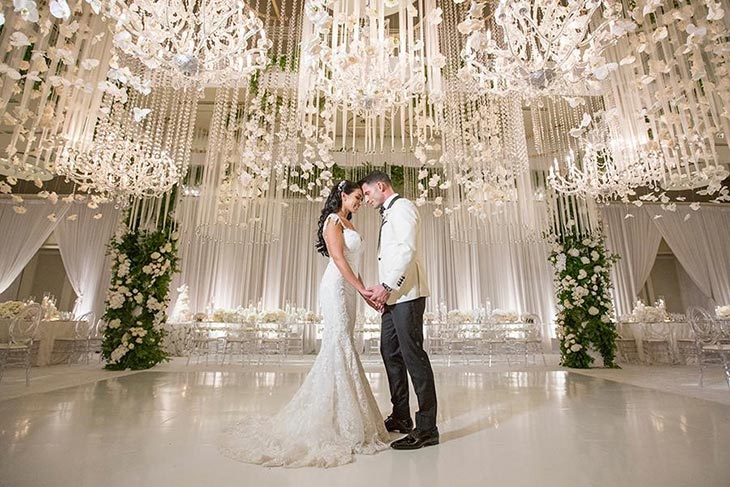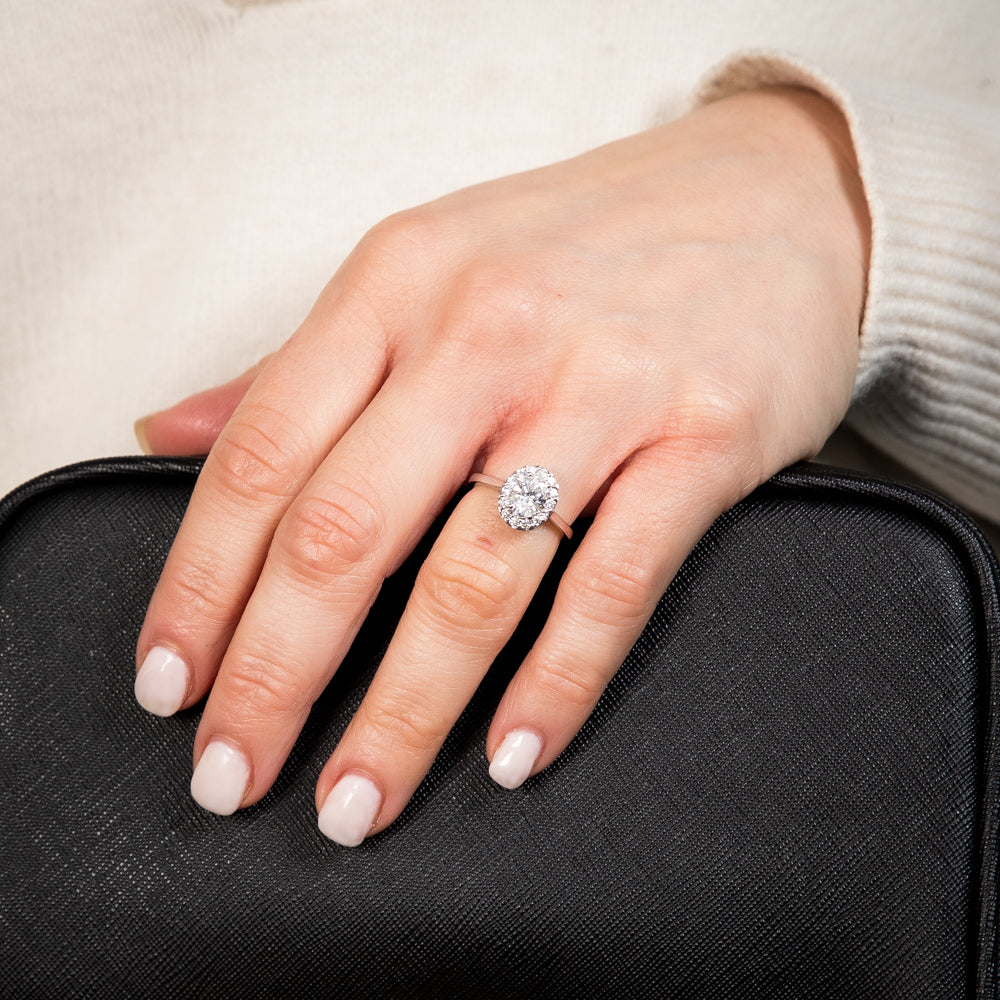
When you start planning a wedding, it doesn’t take long for costs to spiral. One minute you’re pricing out a cake, and the next you’re wondering how flowers could possibly cost that much. Sound familiar? You’re not alone.
Weddings are beautiful celebrations of love, but without a solid plan, they can also become financial nightmares. The good news? With the right strategy, your dream day can still happen—without the debt nightmare afterward.
This guide is your go-to for smart, stress-free wedding budgeting and planning.
Set a Realistic Wedding Budget (And Stick to It)
Let’s start with the big one: money. The key to a successful wedding plan is creating a budget that reflects your financial reality. Sit down with your partner (and both families, if they’re contributing) and agree on the total amount you’re comfortable spending. Then break that down into categories like:
- Venue
- Catering
- Dress and attire
- Photography and videography
- Music and entertainment
- Flowers and decorations
- Transportation
- Wedding planner
- Miscellaneous/emergency fund
Use a spreadsheet or a wedding budget app to stay on top of spending. Pro tip? Always include a 10–15% buffer for unexpected costs—because they will come up.
Prioritize What Matters Most
Not everything needs to be over-the-top. Sit with your partner and list the top 3 things that matter most to you. Is it amazing food? A killer dance floor? Gorgeous photography? Splurge on those and save on the rest.
For example, you might go big on your dress but scale back on decor by DIY-ing your centerpieces or renting items instead of buying them.
Be Wary of the Little Extras
It’s easy to lose track of spending when you’re making a bunch of small purchases: favor bags, extra candles, stamps for invitations, hair accessories, gifts for your bridal party. These things add up quickly.
Track every penny so there are no surprises. And ask yourself before every purchase: Does this really add value to the day?
Weather-Proof Outdoor Weddings
Outdoor or destination weddings can be magical—but nature doesn’t always cooperate. Wind, rain, and sun can all cause problems. If you’re planning an outdoor ceremony or reception, invest in these simple solutions:
- Tented areas
- Weighted decor
- Hair and dress protection (yes, veils fly!)
- Sunscreen stations or parasols for guests
- A solid backup plan
This isn’t just about beauty—it’s about protecting your investment.
Avoid Red Wine Disasters
It might seem minor, but serving red wine can be a risky move—especially with light-colored dresses and linens. One spill can ruin the vibe and the photos.
Solution? Opt for white wine or lighter cocktails if you want to play it safe. Or simply make sure your venue has stain-removal tools ready to go.
Tell Your Photographer Your Expectations
A great photographer will capture your wedding, not take over the stage. Make sure they know you want candid, respectful documentation—not someone blocking the aisle during your vows.
Share your vision early on. You may even want to provide a shot list so no moments are missed. Communication is key!
Be Strategic With Your Seating Plan
The wrong seating arrangement can cause serious tension. Be thoughtful when grouping guests. Don’t seat exes, feuding family members, or work rivals at the same table. Group guests by mutual connection or interest so everyone feels at ease.
And always have a kids’ table or designated kids’ zone if little ones are attending.
Get Those RSVPs—Early and Accurately
Headcounts are crucial. Your catering, seating, table rentals, and favor costs depend on it. So make it easy for guests to RSVP. Use both physical invites and digital methods like wedding websites or emails.
Encourage responses by a clear deadline, and don’t be afraid to follow up with a gentle reminder.
Offer Alcohol-Free Drink Options
Not everyone drinks—and some of your guests might be underage. Offering refreshing mocktails, fruit-infused water, or specialty non-alcoholic beverages ensures everyone has something to enjoy.
Plus, it’s a budget-friendly way to cut back on your open bar tab.
Thank Your Bridal Party with Meaningful Gifts
Your best man, maid of honor, and entire bridal party are investing time, money, and love into your day. Show your appreciation with thoughtful gifts.
It doesn’t have to be expensive—custom mugs, framed photos, handwritten notes, or even experiences like spa vouchers can make a lasting impression. Order or make these ahead of time to avoid the last-minute rush.
Hire a Wedding Planner (Especially for Destinations)
If you’re planning a destination wedding, a local wedding planner is worth their weight in gold. They know the area, vendors, and permits—and can save you a fortune in travel costs, time, and stress.
Even if you’re staying local, a day-of coordinator can be a game-changer, freeing you up to enjoy your day.
Involve Kids in Small Roles
Got little ones attending your wedding? Keep them engaged with small, fun jobs like:
- Ring bearer or flower girl
- Passing out programs
- Collecting guest cards
- Helping with the guestbook or photo booth
Give them tasks that make them feel important without overwhelming them. Bored kids = chaos.
Cut Costs Without Cutting Quality
Weddings don’t have to be extravagant to be beautiful. Here are some ways to save smart:
- Rent decor instead of buying
- Go digital with your invitations
- Choose seasonal, local flowers
- Host your ceremony and reception at the same venue
- Skip expensive party favors (most are forgotten anyway!)
- Use a Spotify playlist instead of a live band
Every little bit helps. And no one remembers the linen color—but they’ll always remember how they felt.
Use Off-Peak Dates to Your Advantage
Want to save thousands instantly? Consider getting married on a weekday, Sunday, or during the off-season (January to March). Venues, photographers, caterers—nearly all vendors offer lower rates when demand is low.
Keep the Guest List Intimate
It’s simple math: fewer guests = fewer expenses. You don’t have to invite your high school lab partner or third cousin twice removed.
Invite people who truly matter. This makes your wedding feel more personal and reduces catering, seating, and gift bag costs significantly.
Don’t Forget an Emergency Kit
Budgeting for a wedding also means budgeting for the unexpected. Create an emergency kit with:
- Pain relievers
- Safety pins
- Makeup for touch-ups
- Double-sided tape
- Tissues
- Stain remover
- Sewing kit
- Extra cash
Assign someone to carry it on the big day.
After the “I Do”: Budget for the Days After
Post-wedding costs often go unplanned. Think:
- Tips for vendors
- Dress cleaning/preservation
- Thank-you cards
- Leftover food and decor storage or disposal
- Honeymoon costs
Set aside part of your budget for the wrap-up phase so nothing catches you off guard.
Final Thoughts: Marry Smart, Not Expensive
Weddings are about love, unity, and starting your life together. You don’t need to go into debt to create a magical day. Budgeting isn’t about sacrifice—it’s about making smart decisions that reflect what truly matters to you.
With the right plan, communication, and a little creativity, you can have a wedding that’s meaningful, memorable, and financially sound. After all, it’s not just about one perfect day—it’s about building a beautiful life together from the start.






:max_bytes(150000):strip_icc()/GettyImages-1068425108-20a4b541eabd4a2ca790ad787953f841.jpg)
